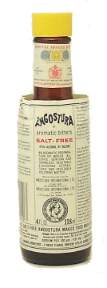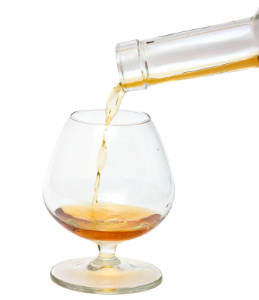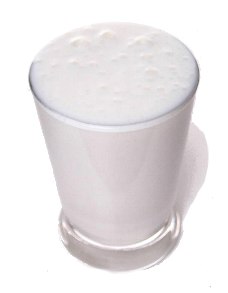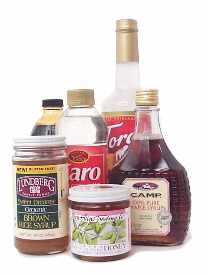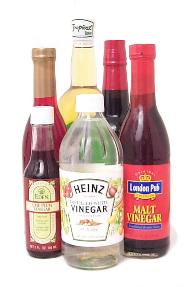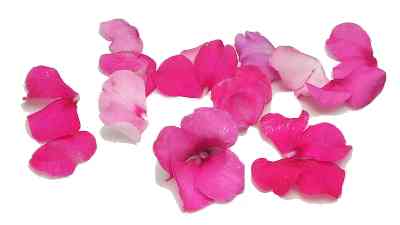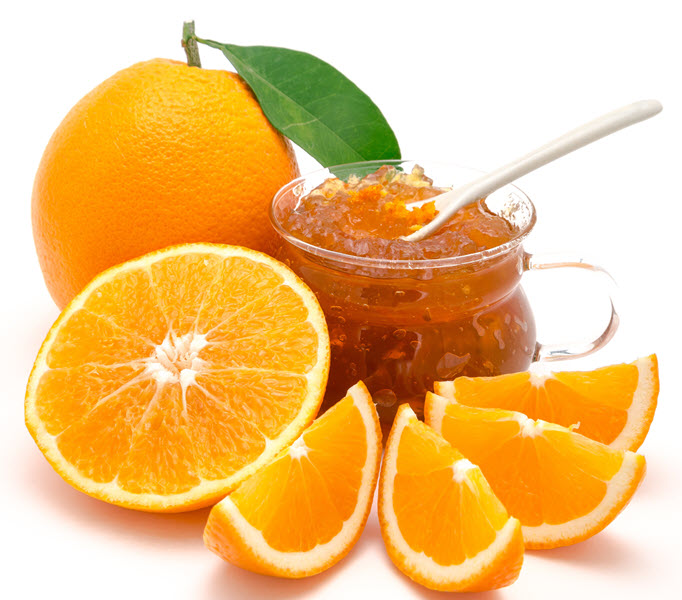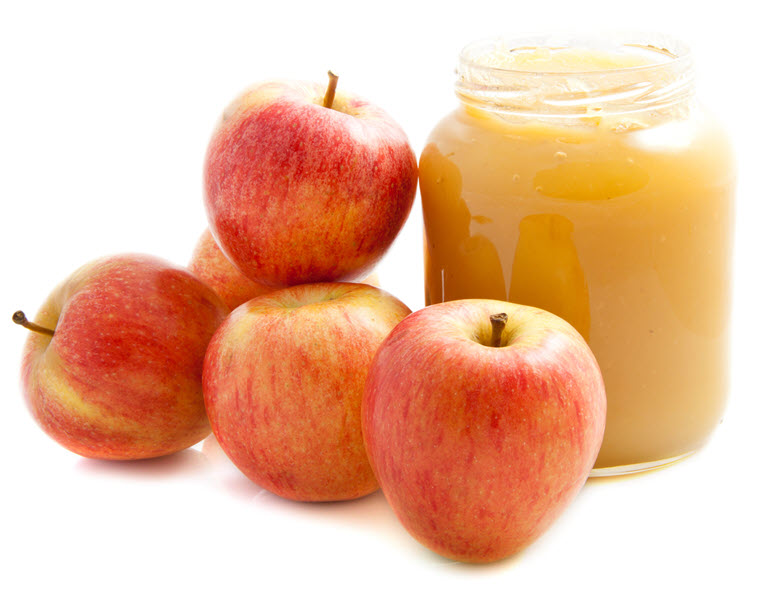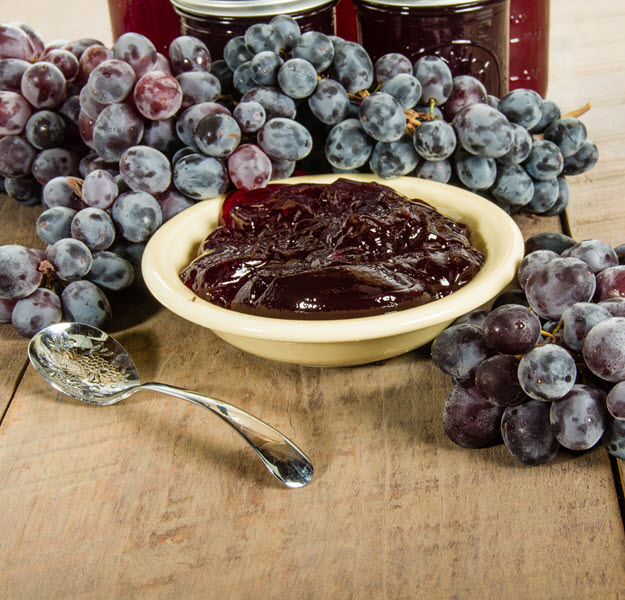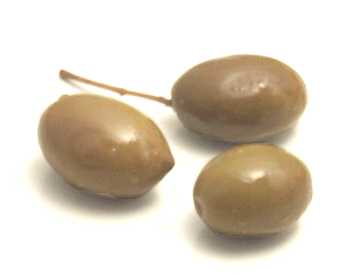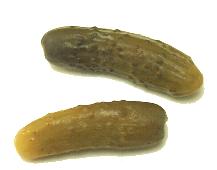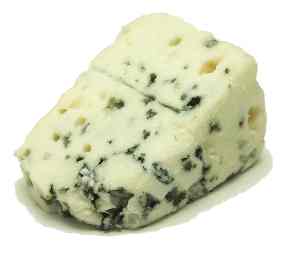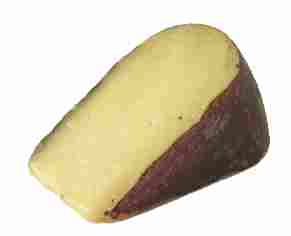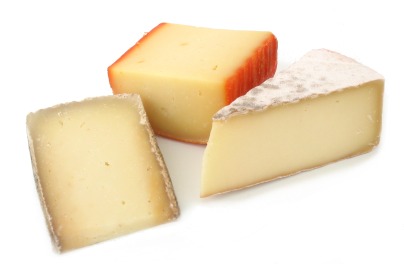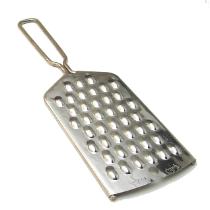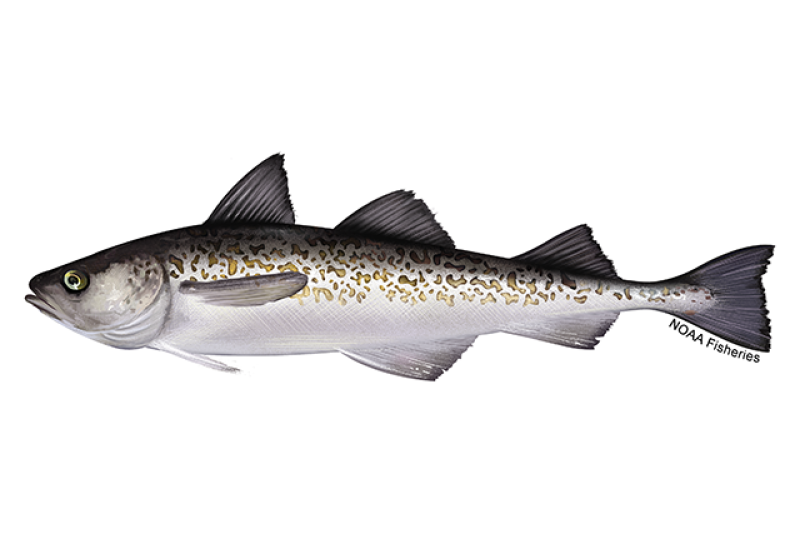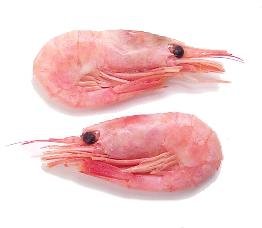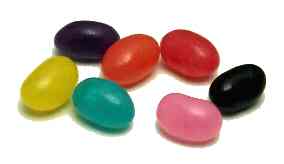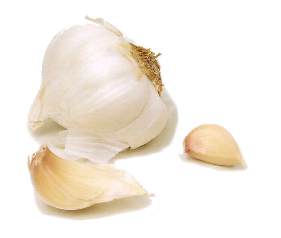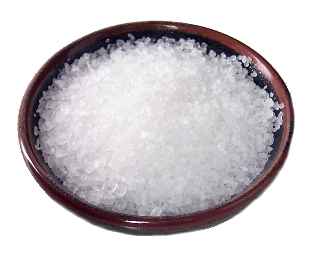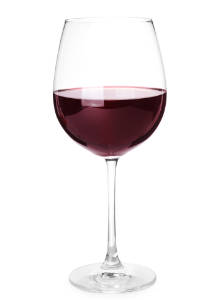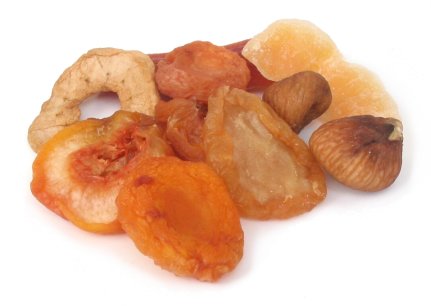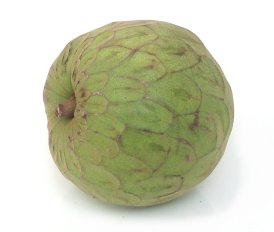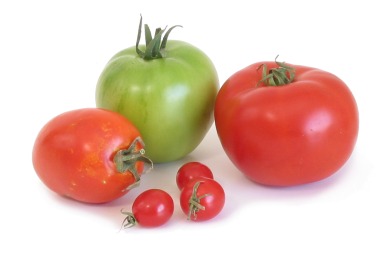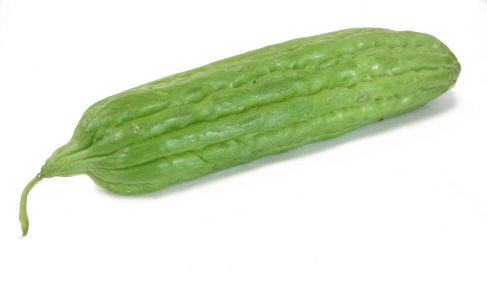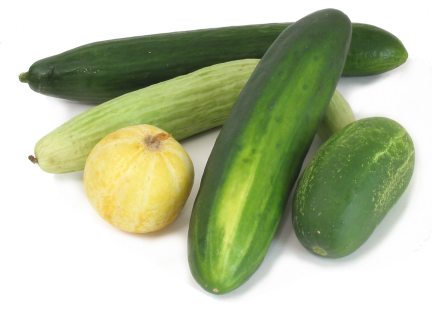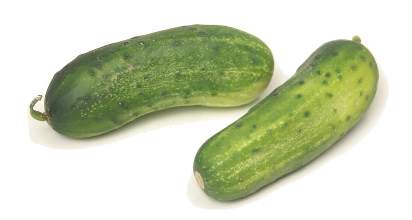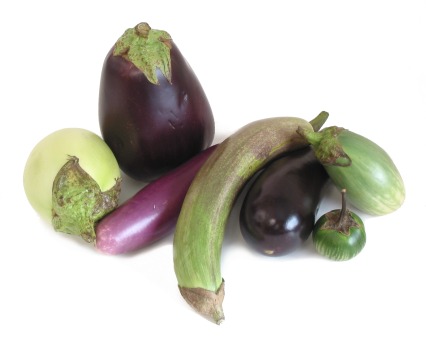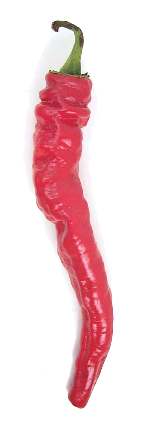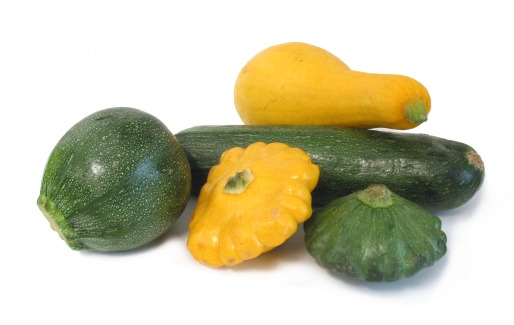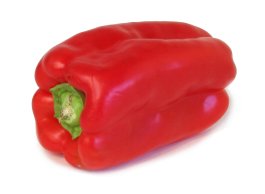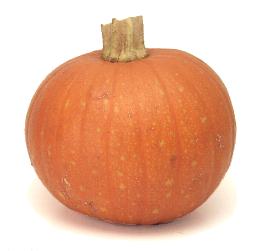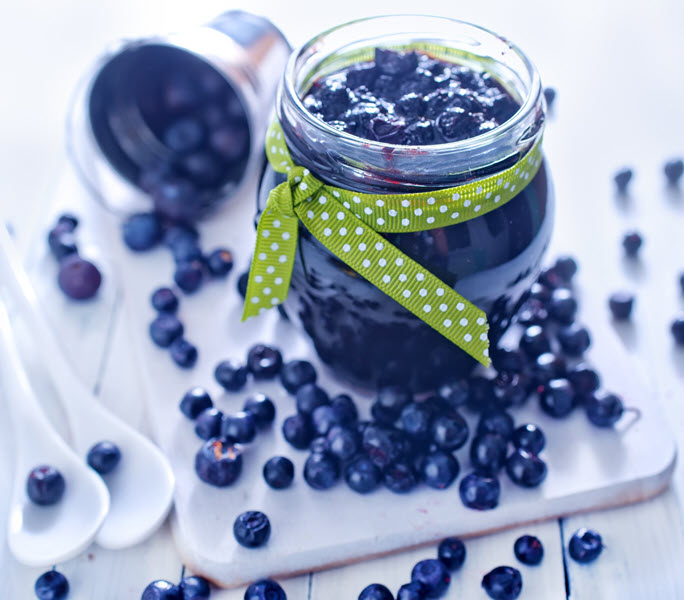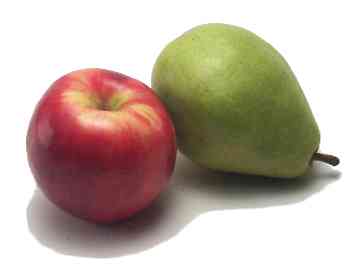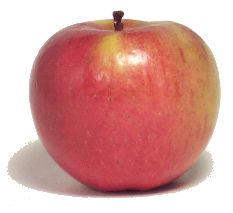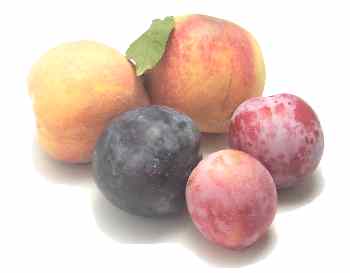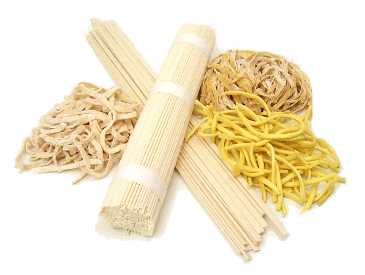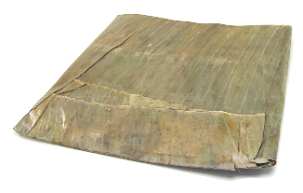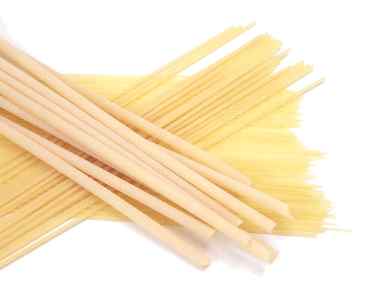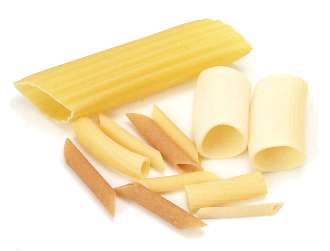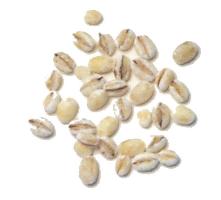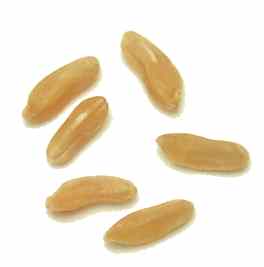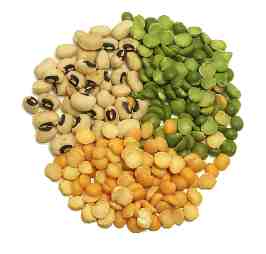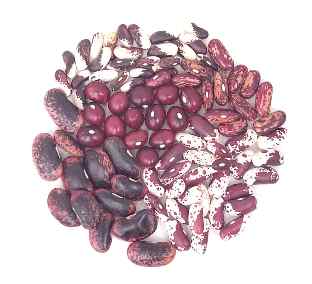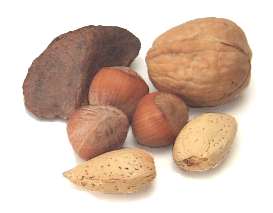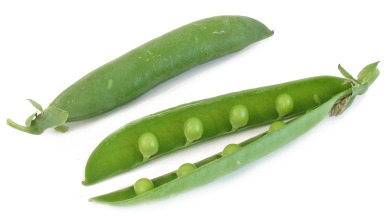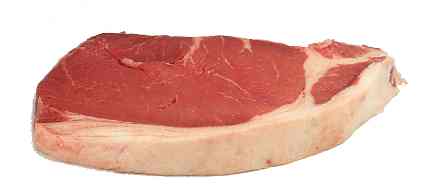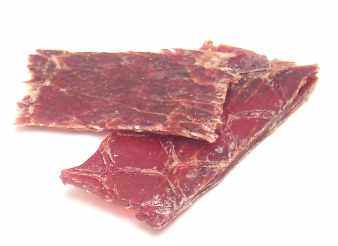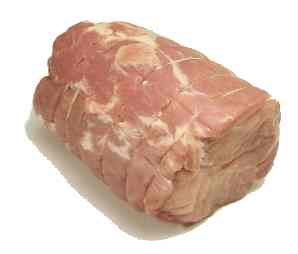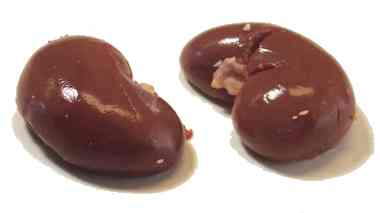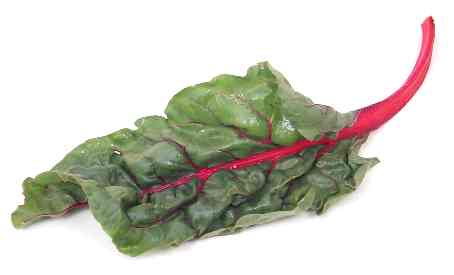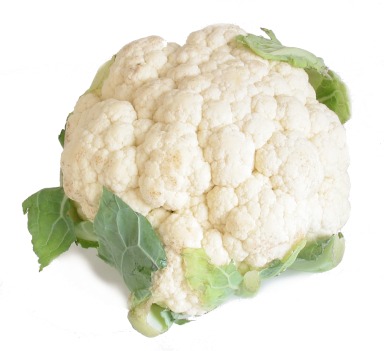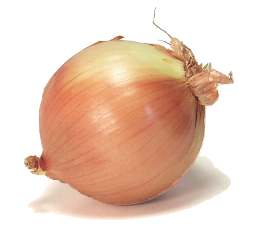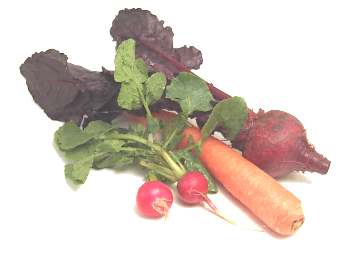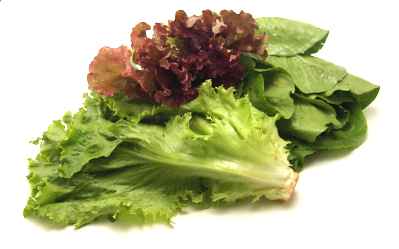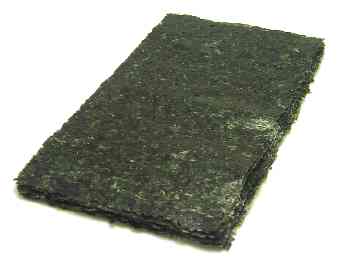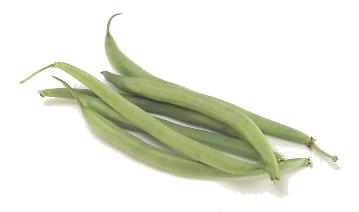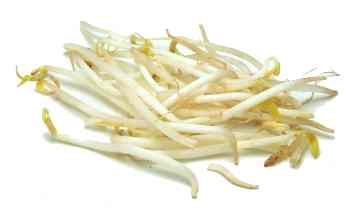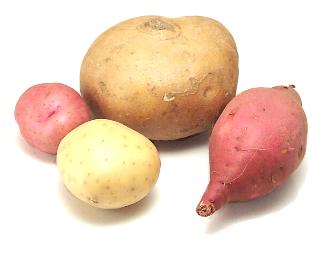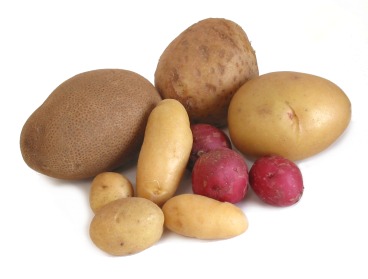Alcohol Category

sweet vermouth
This comes as either red vermouth (rosso) or sweet white vermouth (bianco). It's used to make many cocktails, including Manhattans and Negronis. If you're planning to make martinis, you probably want dry vermouth.
Learn moreSyrah
This wine is called Syrah in Europe and America, and Shiraz in Australia. It's a dry red wine that's especially good with barbecued meats, sausages, strong cheeses, and spicy foods. Don't confuse Syrah with Petite Syrah.
Learn moretable wine
Table wines are intended to be served with meals, and they're often classified by color: red, white or rosé.
Learn moretequila
This fiery liquor is produced in Mexico from the fermented sap of the blue agave cactus. Mexicans like to drink it straight after licking salt from the back of their hands (which they squirt first with lime juice to help the salt adhere). Tequila is also used in several cocktails, including the Tequila Sunrise. Gold tequilas and white tequilas are very similar. Tequilas añejas are aged--and more expensive. The very finest tequilas are labeled "100 percent blue agave." José Cuervo is a well-regarded brand. Tequila should always be served ice cold.
Learn moreTokaj wine
Ordinary Tokay table wine is mediocre, but some Tokay grapes are affected by Botrytis cinerea, a fungus that pokes holes in their skins and makes them shrivel on the vine. This concentrates the sweetness and makes for an exquisite dessert wine. Look for bottles labeled Tokay Aszú, the Hungarian name for botrytised Tokay wine.
Learn moretriple sec
Even though the name means "triple dry," this is a relatively sweet orange-flavored liqueur.
Learn moreValdiguie
This is a relative of the Pinot Noir grape, and it makes a red wine that goes well with hearty meat-based dishes. Don't confuse it with Gamay or Gamay Beaujolais.
Learn morevanilla-flavored liqueurs
Examples include spiced rum, Tuaca, Licor 43, and crème de vanille.
Learn morevermouth
This is a fortified wine that's heavily flavored with sugar, herbs, roots, flowers, and spices. It's sometimes served as an apéritif, but it's better known as a key ingredient in many cocktails, including martinis and Manhattans. It's also used to perk up sauces, especially those that accompany seafood. There are two main types: dry vermouth and sweet vermouth. Noilly Prat and Martini & Rossi are well-respected brands.
Learn moreViognier
This assertive white wine from California exudes a complex perfume of flowers and fruit. It's expensive and hard to find, but it's delicious with seafood and poultry.
Learn morevodka
This flavorless, colorless liquor is a great mixer, since it blends unobtrusively with other ingredients. Some prefer to drink it straight, poured from bottles they store in the freezer. Since vodka is virtually flavorless, the differences between the brands are all but imperceptible to the mortal tongue. Buy the cheapest brand if you're using the vodka in mixed drinks. Flavored vodkas also are available; here the differences in quality may be more noticeable.
Learn morewhiskey
Whiskey is distilled from various grains that have been pounded and cooked into a mash and allowed to ferment. The whiskey is then aged in oak barrels until the flavor is mellow and smooth. The most highly esteemed whiskies are single-malt Scotch and straight Bourbon. Lower in the pecking order are rye whiskey, blended Scotch, sour-mash whiskey and the lighter and drier Irish whiskey and Canadian whisky. At the bottom is corn whiskey, also known as moonshine. Straight whiskeys tend to have a more robust flavor than blended whiskeys, which include several whiskeys and, sometimes, neutral spirits. Whiskey should be served at room temperature.
Learn morewhite rum
This is used to make daiquiris, piña coladas, mai tais, and many other cocktails. The best white rum comes from Puerto Rico, but Trinidad, Barbados, and the Virgin Islands also produce it. Bacardi, Ronrico, and DonQ are popular brands.
Learn morewhite wine
White wines are more delicate than red wines and are always served chilled. Dry (i.e., not sweet) white wines include Chardonnay, Chablis, and Sauvignon Blanc. These are normally served with fish, poultry, veal, blue cheeses, and anything with a cream sauce. Sweeter white wines are often described as "fruity" and include Gewürztraminer, Johannisberg Riesling, and Chenin Blanc. These are good with spicy foods, fruit, and desserts.
Learn morewhite Zinfandel
This is the most popular blush wine, and it goes well with pork, poultry, and spicy dishes. It's not at all like ordinary Zinfandel, a dry red wine.
Learn morewine
Wine is an alcoholic beverage made from the fermented juice of fruit, usually grapes. There are four broad categories: table wines, sparkling wines, fortified wines, and fruit wines. Table wines are the most common, and they're grouped by color--red, white, and blush, which is sometimes called rosé. A red wine should be served at room temperature, and it goes well with hearty, meat-based dishes like steak and spaghetti. White and blush wines should be served chilled, and they go best with lighter fare, like fish and chicken. Many wines, called varietals, are named after the variety of grape used to make them. Cabernet Sauvignon, Zinfandel, and Pinot Noir are popular red varietals, while Chardonnay, Chenin Blanc, and Johannisberg Riesling are popular white ones. In Europe, some wines, often blends of different varietals, are named after the place where the wine is produced, like Bordeaux, Burgundy, Chablis, Rhine, and Rhône. These European wines are often superb, but American wines that have borrowed these regional names, like California Chablis, are almost always mediocre. If you're buying a domestic wine, it's often better to go with a varietal, like a California Cabernet Sauvigno
Learn moreZinfandel
This is a hearty red varietal wine that's especially good with sausages and barbecued meats. Don't confuse it with white Zinfandel, a fruity blush wine that wine snobs abhor. California Zinfandels are often excellent.
Learn more

